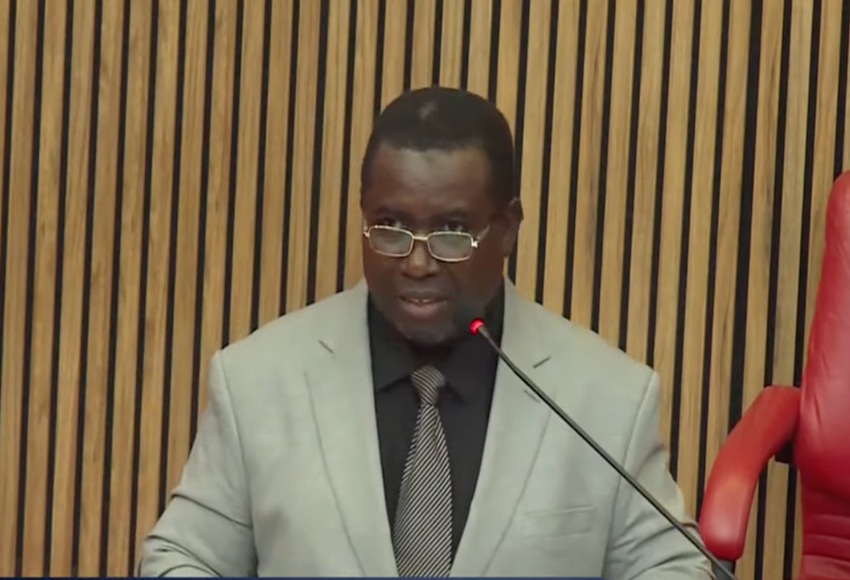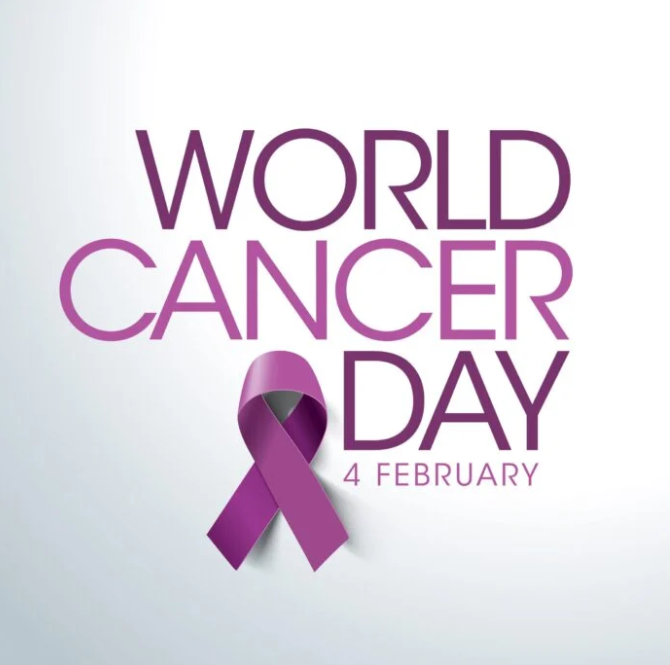Niamey, Niger & London, UK – In a stunning turn of events, soldiers in Niger announced a coup overnight, capturing President Mohamed Bazoum. However, the defiant president issued a message on Twitter vowing to safeguard the nation’s hard-won achievements. The coup has drawn international condemnation and raised concerns about regional stability.Niger, a key Western ally in the fight against Islamist militants, was thrown into turmoil early on Wednesday when troops from the presidential guard seized President Bazoum. The foreign minister has stated that the coup lacks the full support of the military, but the army chief has now publicly backed the junta.
President Bazoum, elected just two years ago, took to social media to reassure the nation, stating, “The hard-won achievements will be safeguarded. All Nigeriens who love democracy and freedom will see to it.”
Following the coup announcement, pro-coup demonstrations erupted in the capital, Niamey. Some protesters displayed Russian flags, while others voiced opposition to foreign bases in the country, including French military installations.
The coup leaders accuse the president’s PNDS Tarraya party of corruption and failure to address the security challenges posed by a long-running jihadist insurgency. Niger shares borders with Mali and Burkina Faso, both of which have experienced coups related to Islamist uprisings in recent years.
The international community has strongly condemned the coup. The US Secretary of State, Antony Blinken, pledged Washington’s “unwavering support” to President Bazoum, while the UN, the European Union, and Russia called for the immediate release of the captive leader.
France and the US have military bases in Niger due to its strategic location and uranium-rich resources. The coup has raised concerns about the stability of the Sahel region, and experts fear it may further embolden Islamist insurgent groups that thrive in situations of poor governance and instability.
Niger’s Foreign Minister, Hassoumi Massoudou, urged the population to resist the coup and emphasized that a peaceful resolution was still possible through dialogue.
This coup marks a troubling development for the region, as it reveals the shrinking influence of Western nations and potential shifts in geopolitical alliances. Niger has experienced numerous coups since gaining independence from France in 1960, making it an important test case for the region’s stability and democracy.
International mediation efforts, including involvement from the West African regional bloc Ecowas, are underway to seek a resolution to the crisis.
For now, the situation in Niger remains fluid, with uncertainties about who is truly in control of the nation. As the world watches closely, hopes for a peaceful resolution and the restoration of democratic governance hang in the balance.
Free Research Preview. ChatGPT may produce inaccurate information about people, places, or facts. ChatGPT July 20 Version
Advertisement






